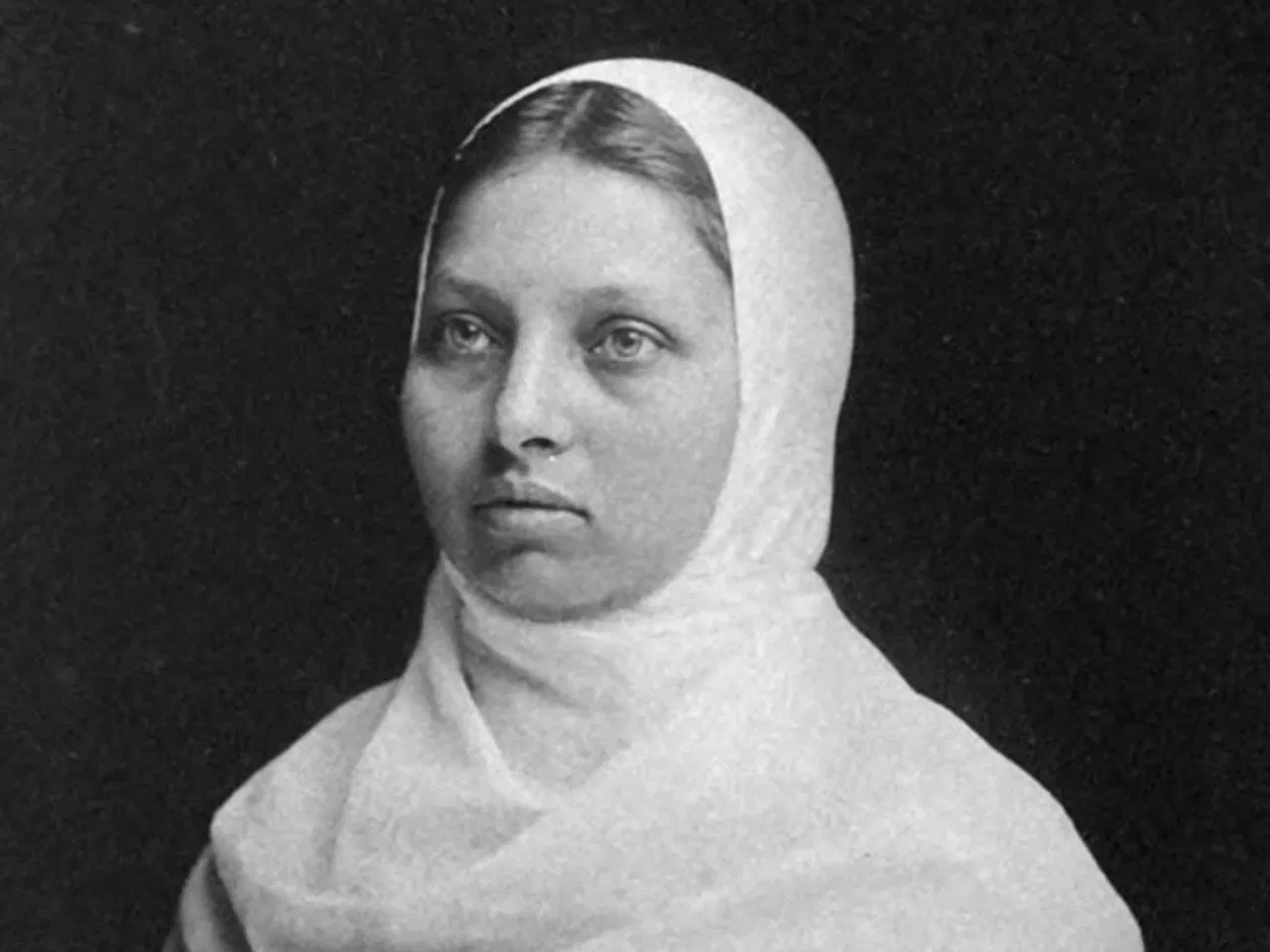
Pandita Ramabai Saraswati

Pandita Ramabai (1858–1922) was a pioneering Indian reformer and scholar who found true peace in Yeshu (Jesus). Though born into a high-caste Brahmin family and deeply rooted in spiritual tradition, her heart longed for more. Eventually, she encountered the compassion of Yeshu and came to trust Him as her Savior. This transformation led her to establish the Mukti Mission, a refuge for widows and outcast women. Her legacy of love, education, and biblical faith continues to inspire lives across India.
How Pandita Ramabai Came to Believe in Yeshu
Pandita Ramabai, born into a devout Brahmin family, was immersed in Sanskrit learning and spiritual discipline from an early age. Orphaned during a famine at sixteen, she and her brother journeyed over 4,000 miles across India, practicing sacred rituals in search of peace. Yet, despite her devotion, she later admitted that the gods seemed silent, and her soul remained unsatisfied. She said, “I wanted to find out the truth about everything including religion by experiment… but I found that neither I nor others were saved by it.”
Her quest for truth led her to question rituals that offered no salvation. While studying in England, she encountered the Bible, and the story of Yeshu’s compassion for the Samaritan woman in John 4 deeply moved her. She saw in Yeshu a Savior who uplifted the broken with love instead of judgment. Her intellectual interest gave way to a personal transformation when, in brokenness, she surrendered her life to Yeshu and found peace as a child of God. This liberation—Mukti—through grace became the driving force behind her lifelong mission to uplift India’s women.
Pandita Ramabai’s Ministry and Message
After dedicating her life to Yeshu (Jesus), Pandita Ramabai channeled her faith into transformative action, focusing on India's most marginalized women—child widows, orphans, and victims of poverty and caste. She established Sharada Sadan and later the Mukti Mission ("Liberation"), providing thousands with refuge, education in practical skills and hygiene, and loving care rooted in Christ's teachings.
A profound spiritual revival at Mukti in 1905 led to personal transformation and joyful service among the residents. Ramabai, leading with humility and prayer, never forced religion but invited personal encounters with Yeshu. She passionately believed Indian Christians needed a faith expressed in their own culture and language, laboring to translate the Bible into Marathi. Her core message was that "Yeshu has not come to destroy our culture, but to fulfill what is true in it," offering freedom, dignity, and salvation by grace alone.
Legacy and Influence
Pandita Ramabai’s legacy continues to shape India both spiritually and socially, as she boldly championed the dignity of women and the power of faith in Yeshu. At a time when widows and lower-caste girls were silenced, she gave them a voice through the Mukti Mission—providing shelter, education, and hope to thousands. Her work became a model for women’s education, faith-based service, and care without caste discrimination.
Her work became a model for:
- Women’s education in India
- Safe homes for widows and orphans
- Faith-based service without discrimination of caste or creed
A Lasting Impact
- Mukti Mission continues her work even today
- Schools, churches, and mission homes across India were inspired by her model
- She is remembered by both Christian communities and secular historians as one of India’s greatest daughters
Would You Like to Learn More?
Autobiography
The High-Caste Hindu woman (1888)
Ramabai's American Encounter: The Peoples of the United States (1889)
Pandita Ramabai through her own words: Selected works (Oxford University Press, 2000)
A testimony of our inexhaustible treasure (1907)

